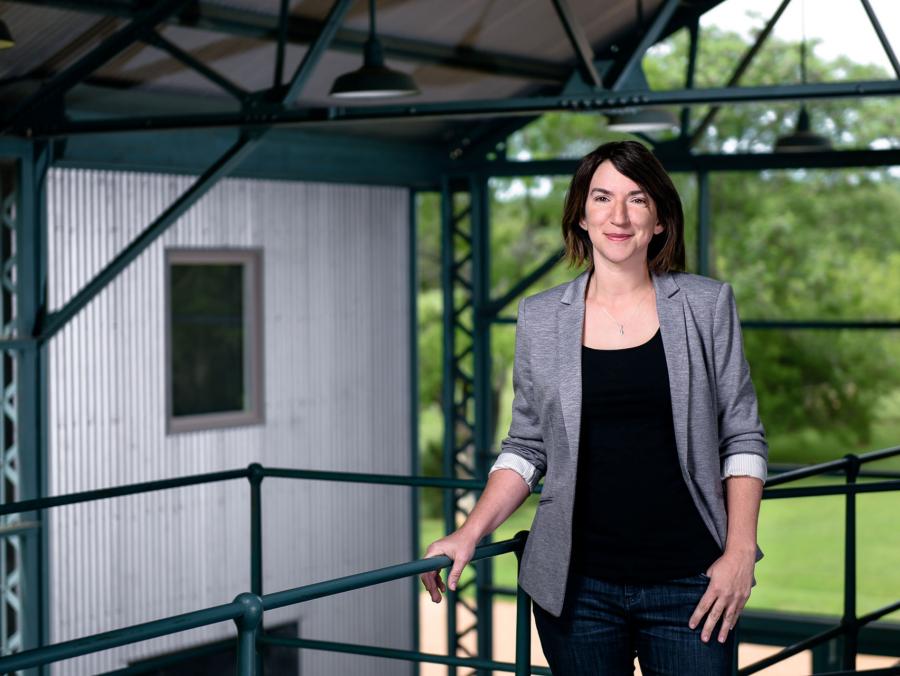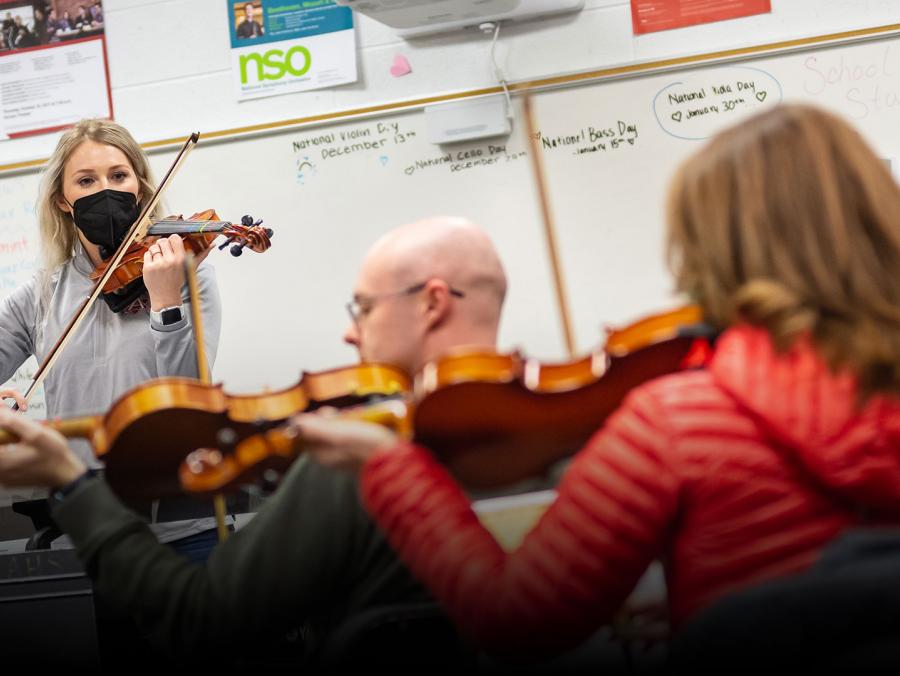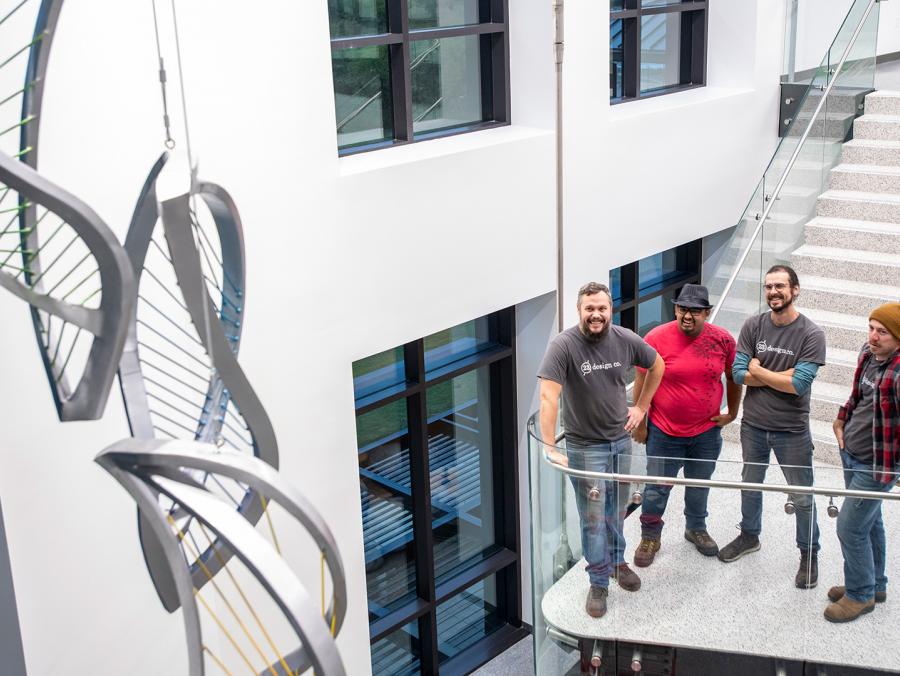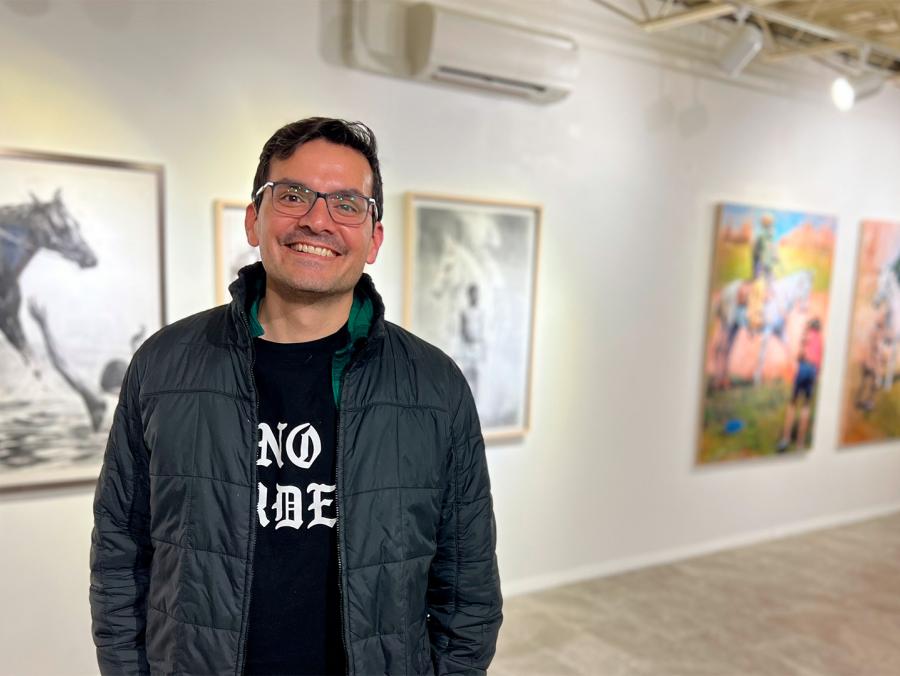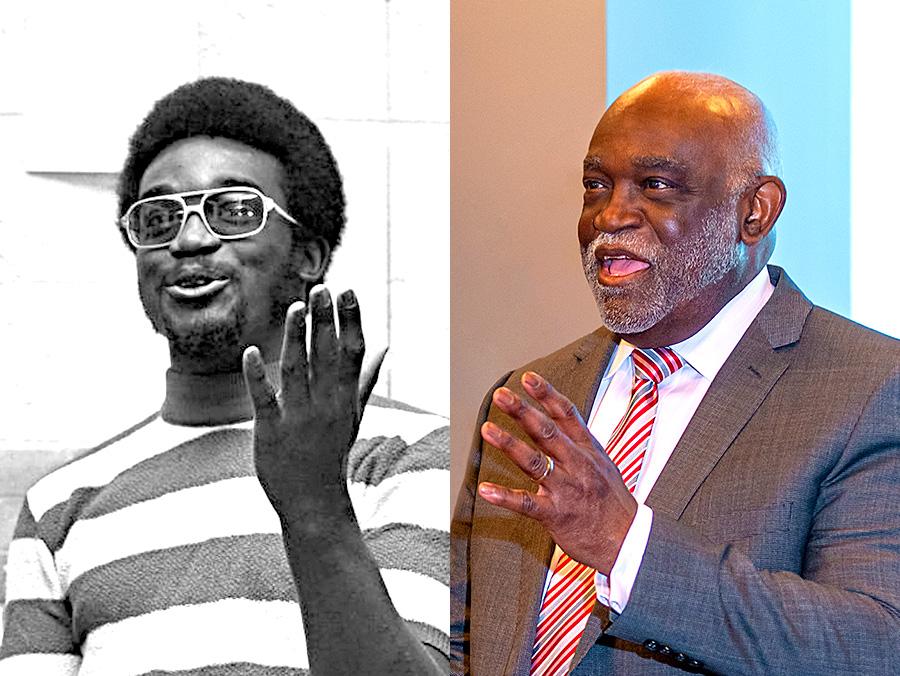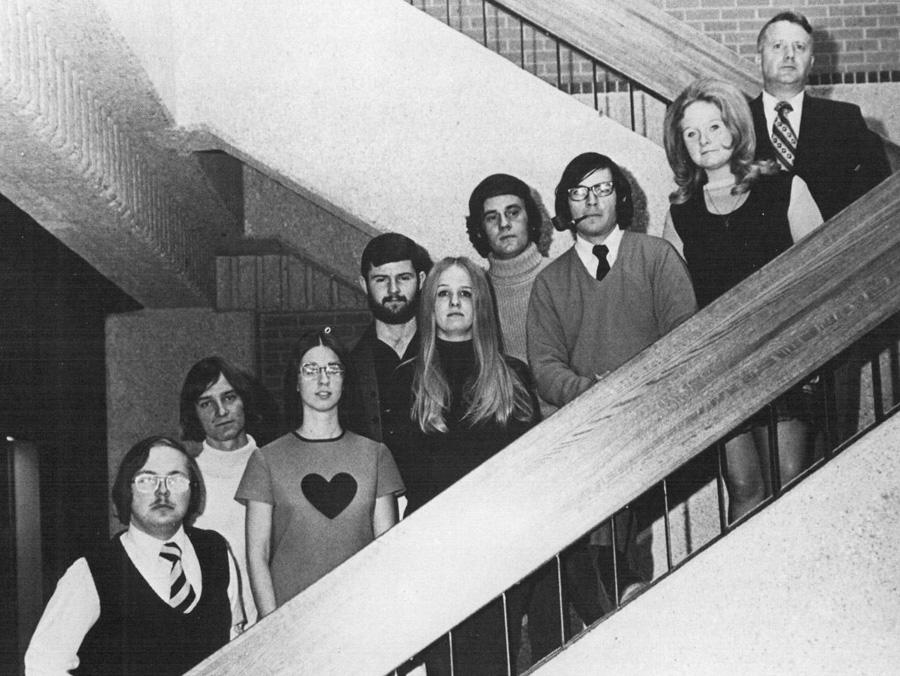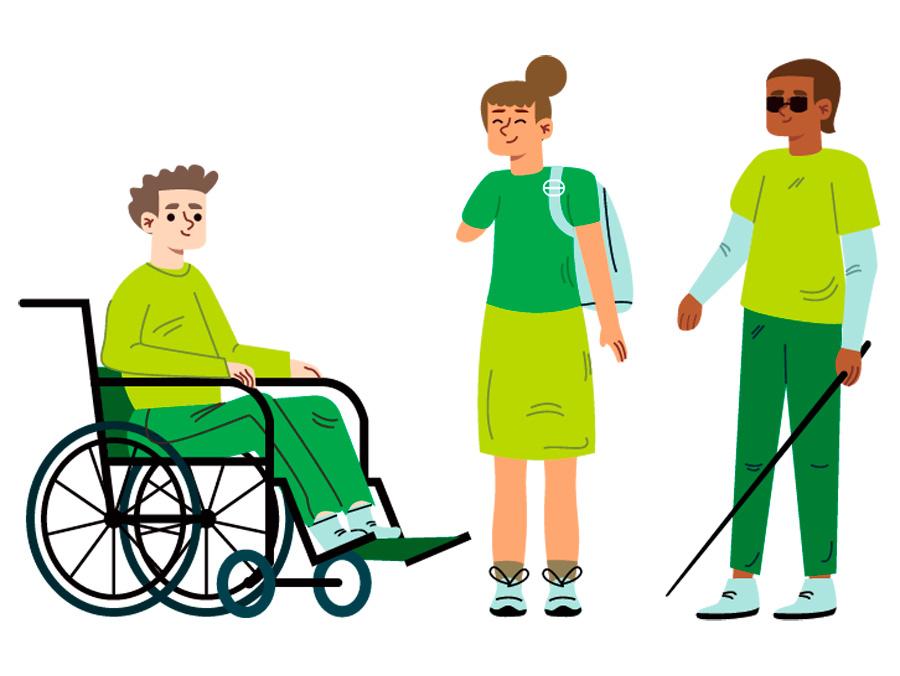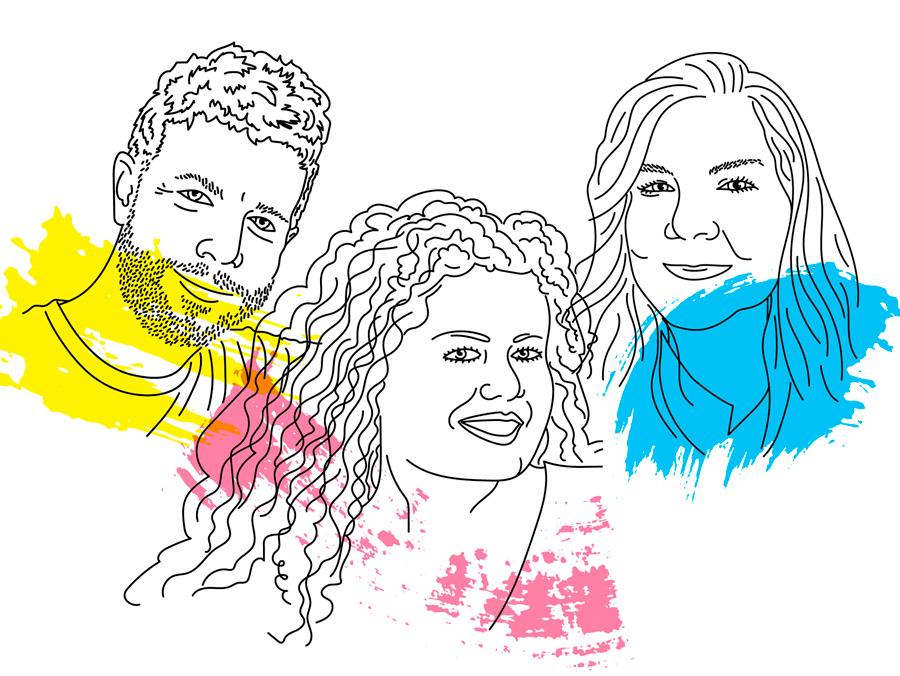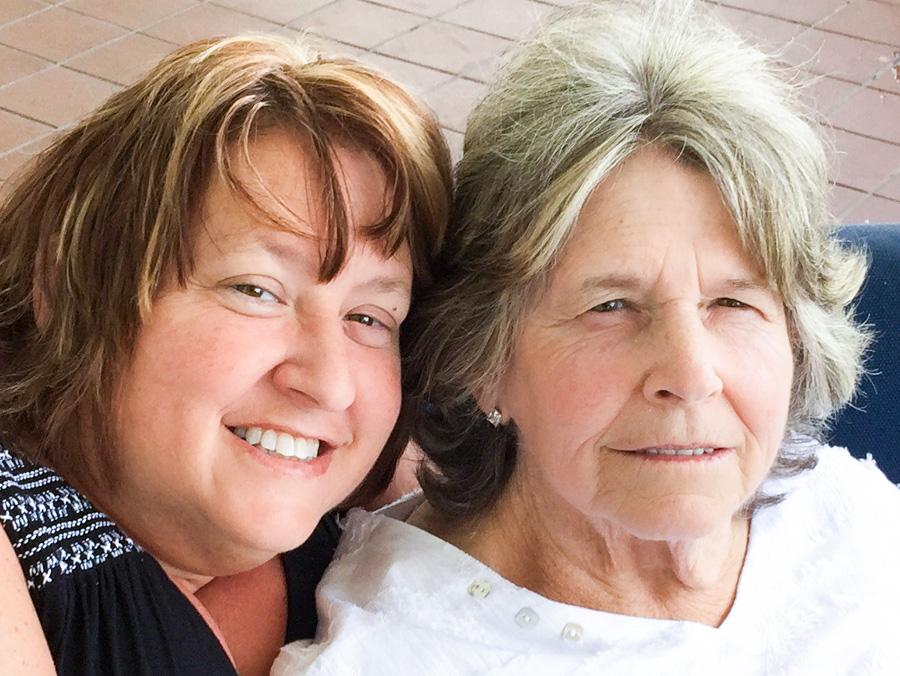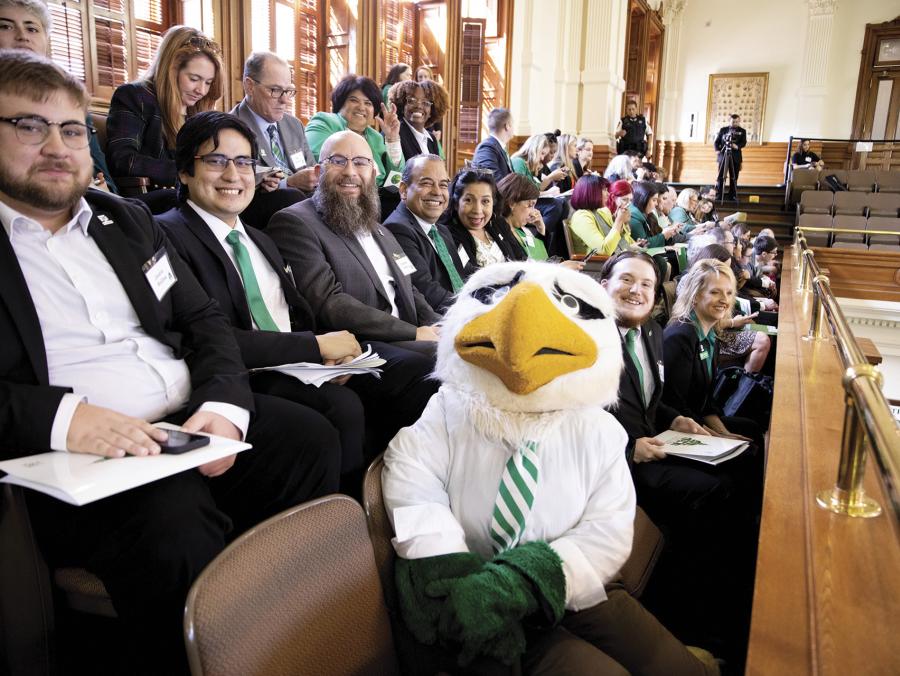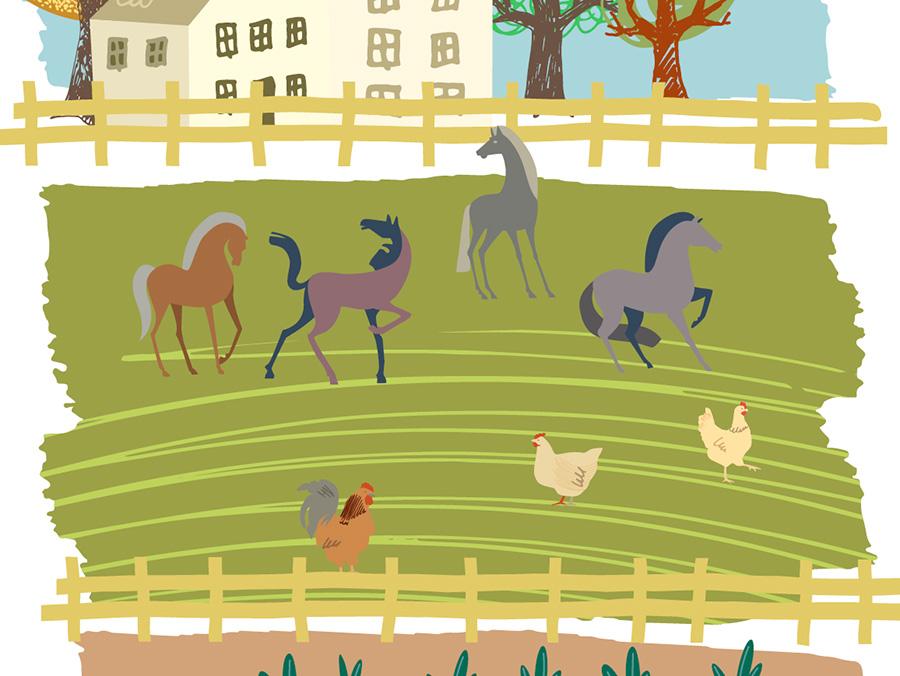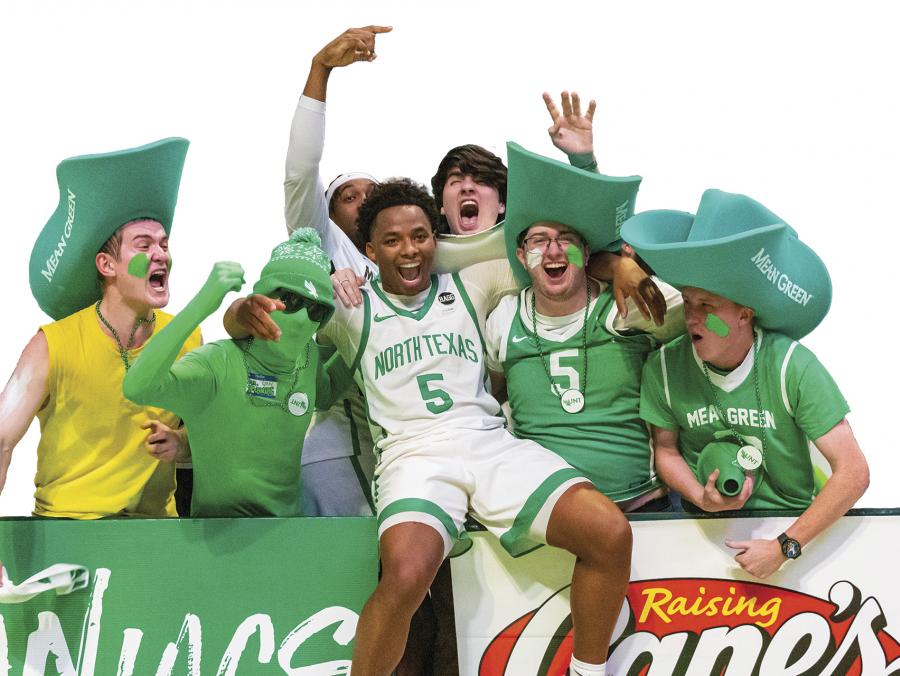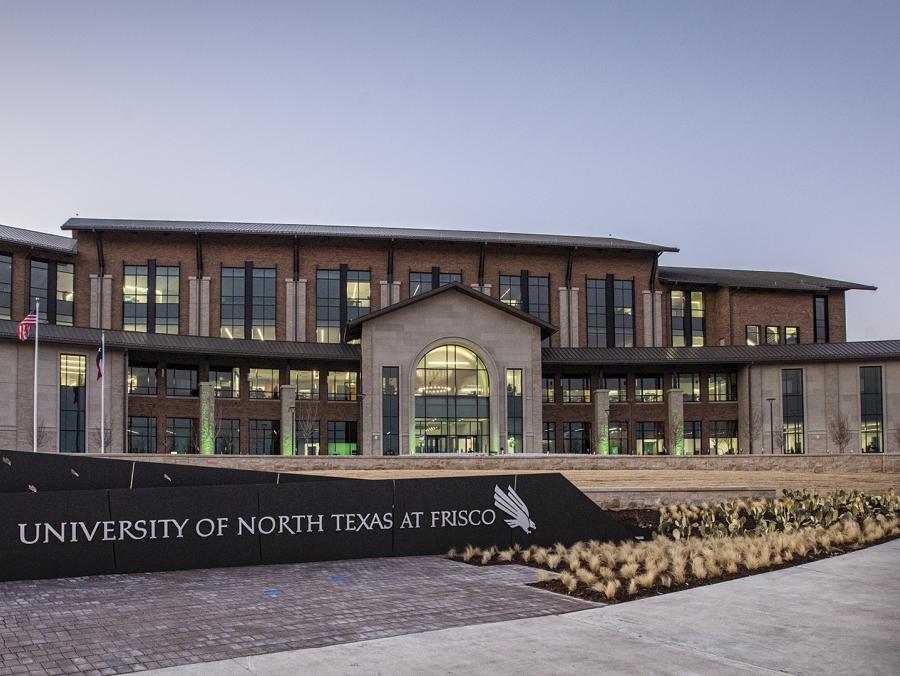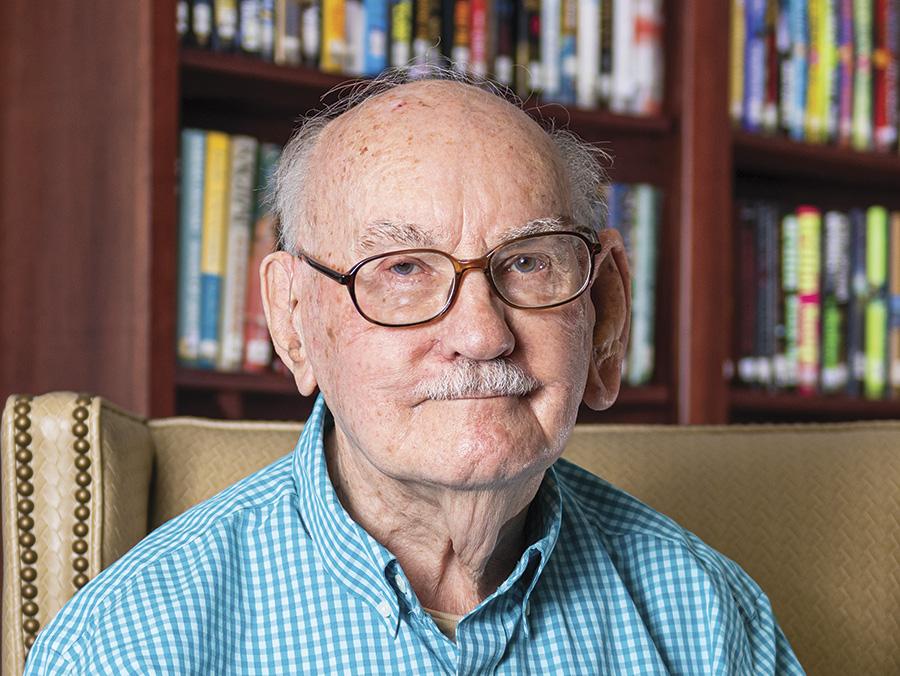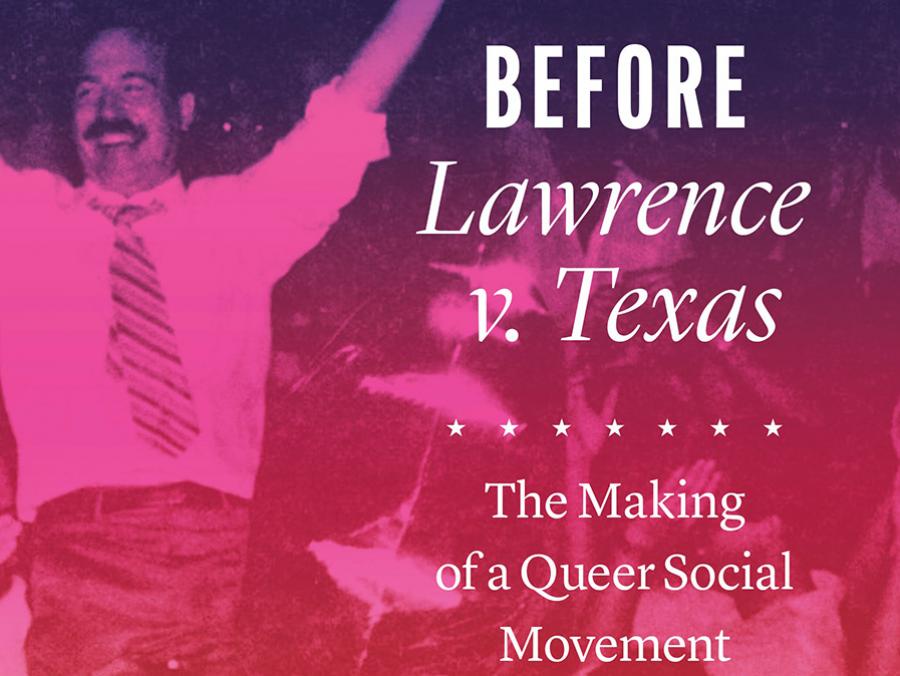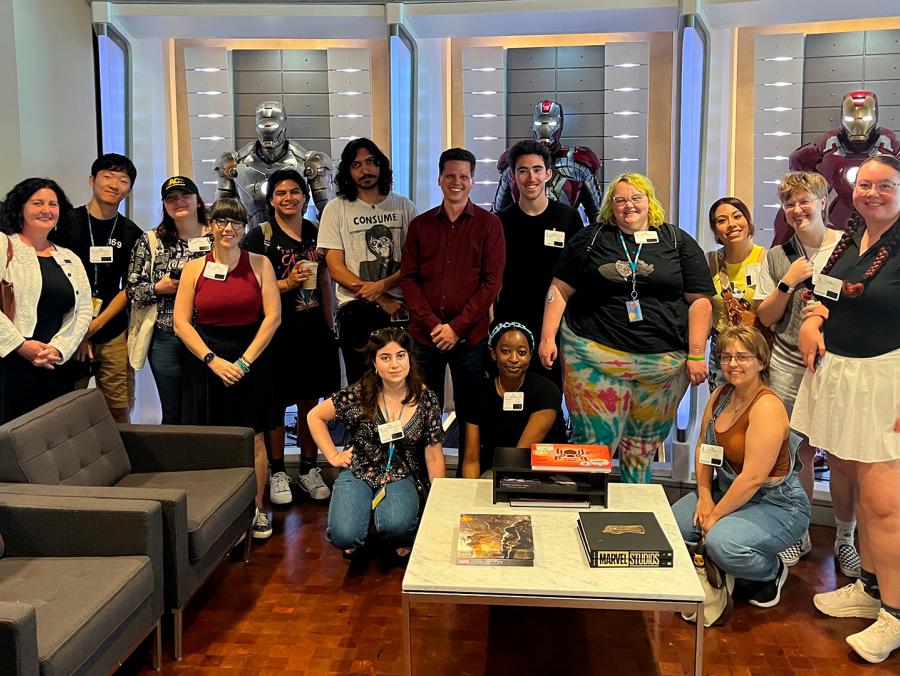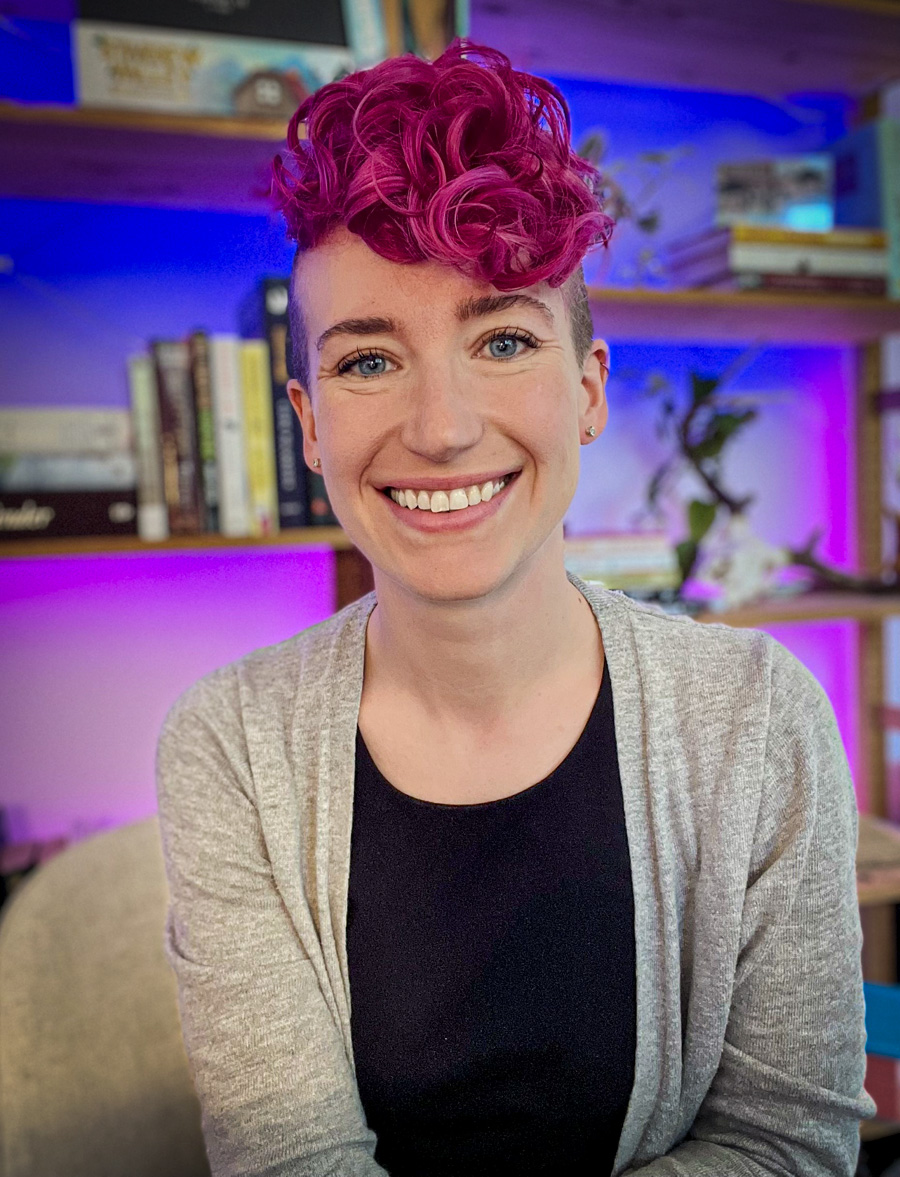
As a graduate student, Elizabeth Kilmer ('17 M.S., '20 Ph.D.) frequently spent weekend afternoons seated at a table with a group of friends engaged in hours-long sessions of Dungeons & Dragons.
The classic fantasy role-playing game is still a favorite of Kilmer's. These days, as a Seattle-based licensed clinical psychologist, she uses it and similar tabletop and online games to support her clients in their journeys toward improved insight, growth and change.
Unlike traditional board games such as Monopoly or Chutes and Ladders, Kilmer says role-playing games more closely resemble group storytelling experiences, where players work together to reach a common goal. That can be to defeat a monster, discover hidden treasure, or design and build a company, among countless other scenarios.
Along with Dungeons & Dragons, she has employed other popular titles including Minecraft and Animal Crossing in working with her practice's clients.
"I like to joke that our players aren't going to be fighting goblins or bandits in their everyday life," she says, "but they are going to need to know how to stand up for themselves and stand up for others and understand flexible ways to solve problems."
Kilmer, whose degrees are in clinical psychology, says therapeutically applied role-playing games (TA-RPGs) can also help people connect socially while learning to navigate conflict, receive feedback and interact with others to build a sense of confidence and community.
Having social connections and a strong support network are among the best predictors of an individual's mental and physical health and wellbeing over a lifetime, Kilmer says. This is especially important for those who struggle with anxiety, depression, trauma and substance-use disorders as increased isolation can weaken their social networks over time.
The benefits of TA-RPGs come into play when she works with clients to devise important coping skills and life strategies.
"Maybe you're someone who wishes you were a little bit more of a go-with-the-flow type, but that feels kind of scary and overwhelming in your day-to-day life. A game can create a space in which you have the opportunity to be a little bit more impulsive or spontaneous, where you don't have the same types of real-world consequences," she says.
Through role-playing games, players may view themselves (via their character) from a different perspective and find it easier to discuss difficult emotions.
"When they're thinking, 'How do I handle feeling sad?' or 'No one cares about me,' we can talk about that whether it's related to them or their character."
While at UNT, as part of clinical training for her doctorate degree, Kilmer worked at the Dallas Children's Advocacy Center, which provides services for child-abuse cases. There she designed and implemented a therapeutic TA-RPG group for children who had experienced trauma.
During her career, she has also worked extensively with neurodivergent youths with autism and ADHD.
"They may have a hard time controlling their volume or with speaking fast. They may be a bit impulsive and could get teased at school or online," says Kilmer, who also has ADHD. "But when you're playing a fantasy game, some of those same things may make you a really fun character and that impulsivity can produce the best and funniest stories."
Kilmer is the coauthor of Therapeutically Applied Role-Playing Games: The Game to Grow Method, a manual for professional therapists published earlier this year. It was penned with her spouse, Jared Kilmer ('13 M.S., '17 Ph.D.), also a clinical psychology major, whom she met at UNT, and Adam Johns and Adam Davis of the nonprofit Game to Grow.
In another role, Kilmer serves as a qualitative researcher with Take This, a nonprofit that supports the mental health of members of the game-enthusiast community and game industry.
With Take This, she is developing tools for gaming studios that aim to disrupt violent extremists who create and use online games for recruitment and propaganda purposes. The work is part of a two-year grant project funded through the Department of Homeland Security.
"Part of what we're looking at is trying to understand where the industry is … and trying to improve the health of the gaming landscape because we know games can be a phenomenal way to build community."










